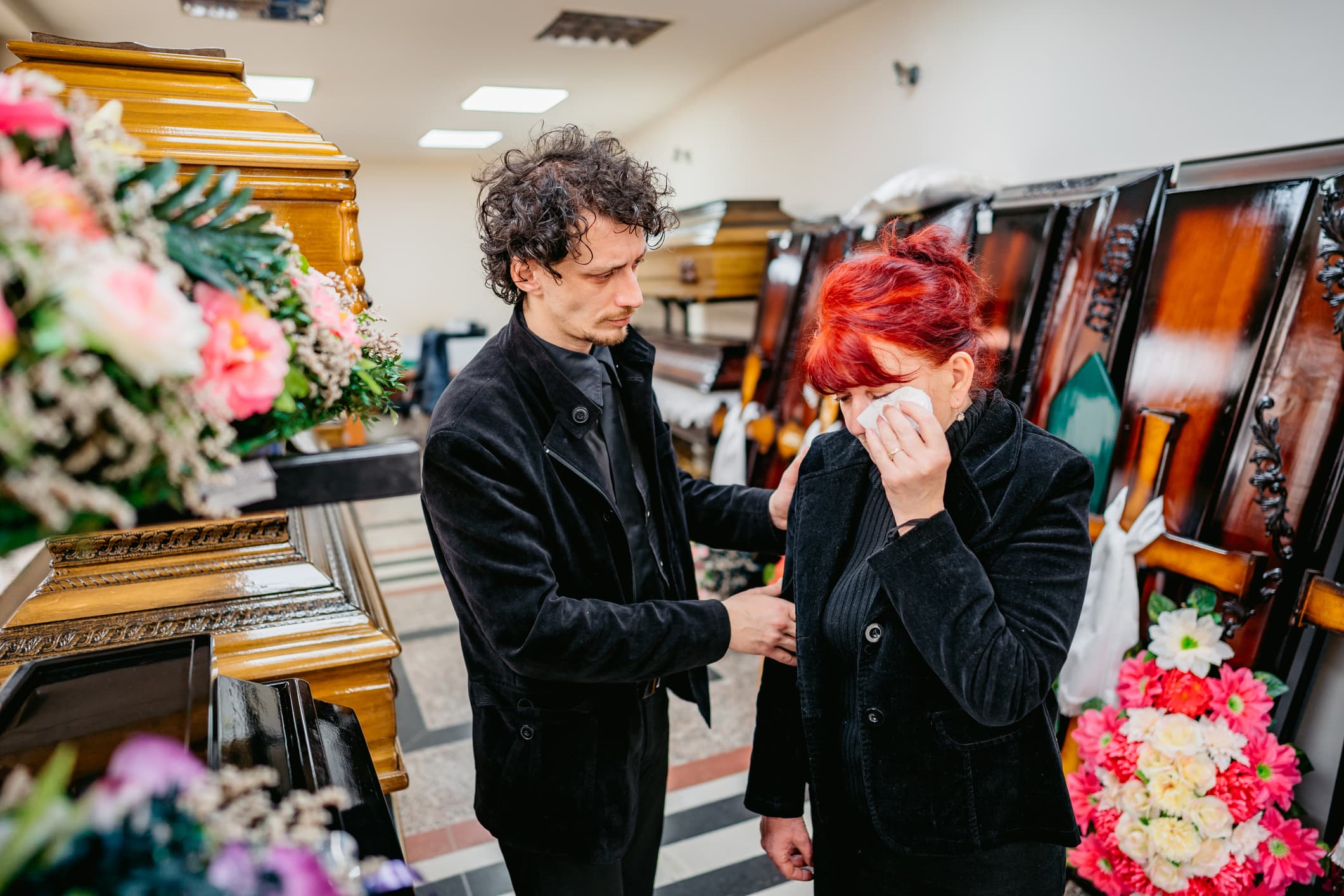Urbazon | E+ | Getty Images
There is a lot to deal with when a loved one passes away.
On top of the emotional aspect of handling death, there is the financial stuff — which would include any Social Security benefits the deceased was receiving.
You may wonder how the government knows to stop sending that monthly money or whether a surviving spouse or dependent can keep some sort of payment going.
Social Security rules can be complicated. Yet the bottom line is that the decedent’s benefits stop at death. For survivors, how to get benefits — or whether you qualify — depends on several factors (more on that further below).
More from Personal Finance:
How spousal benefits work if you claim Social Security early
Here’s a decade-by-decade guide to retirement planning
Here’s when your tax return might be flagged by the IRS
First, though, it’s important for the Social Security Administration to be alerted as soon as possible after the person dies.
In most cases, funeral homes notify the government. There’s a form available that those businesses use to report the death.
“The person serving as executor [of the estate] or the surviving spouse can also call Social Security,” said certified financial planner Peggy Sherman, a lead advisor at Briaud Financial Advisors in College Station, Texas.
There are a couple of things to keep in mind. For starters, a person is due no Social Security benefits for the month of their death.
“Any benefit that’s paid after the month of the person’s death needs to be refunded,” Sherman said.
With Social Security, each payment received represents the previous month’s benefits. So if a person dies in January, the check for that month — which would be paid in February — would need to be returned if received. If the payment is made by direct deposit, the bank holding the account should be notified so it can return benefits sent after the person’s death.
It may be no surprise that using someone else’s benefits after they die is a federal crime, regardless of whether the death was reported or not. If the SSA receives notice that fraud might be happening, the allegation is reviewed and potentially will warrant a criminal investigation. To combat duplicity, the agency matches records with other government entities to identify unreported deaths.
As for benefits available to survivors: If a spouse or qualifying dependent already was receiving money based on the deceased’s record, the benefit will auto-convert to survivors benefits when the government gets notice of the death, Sherman said.
“For all other cases, the surviving spouse will need to call Social Security and schedule an appointment to apply for survivors benefits,” Sherman said. “You cannot do this online.”
If the widow or widower has reached their own full retirement age, they can get their deceased spouse’s full benefit, Sherman said. They can apply for reduced benefits as early as age 60, in contrast to the standard earliest claiming age of 62.
If the survivor qualifies for Social Security on their own record, they can switch to their own benefit anytime between ages 62 and 70 if that payment would be more.
An ex-spouse of the decedent also might be able to claim benefits, as long as they meet some specific qualifications.
For minor children of a person who died, benefits also may be available, as well as to a surviving spouse who is caring for the kids.
Finally, upon the death of a Social Security recipient, survivors are generally given a lump sum payment of $255.
